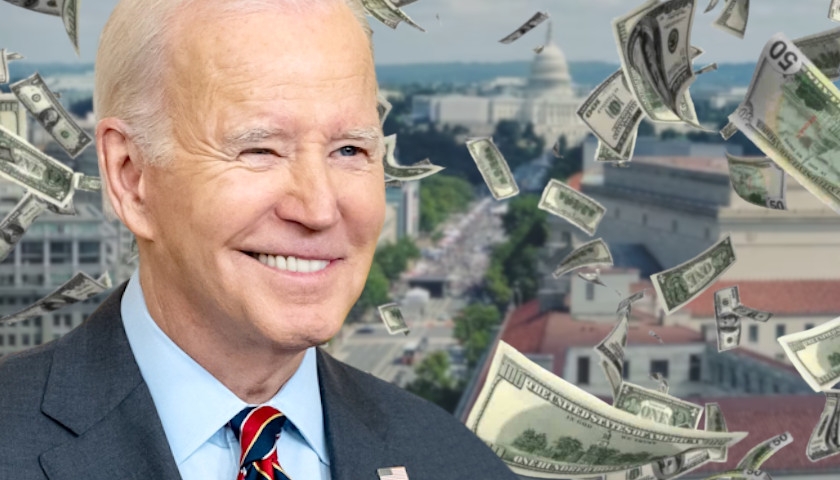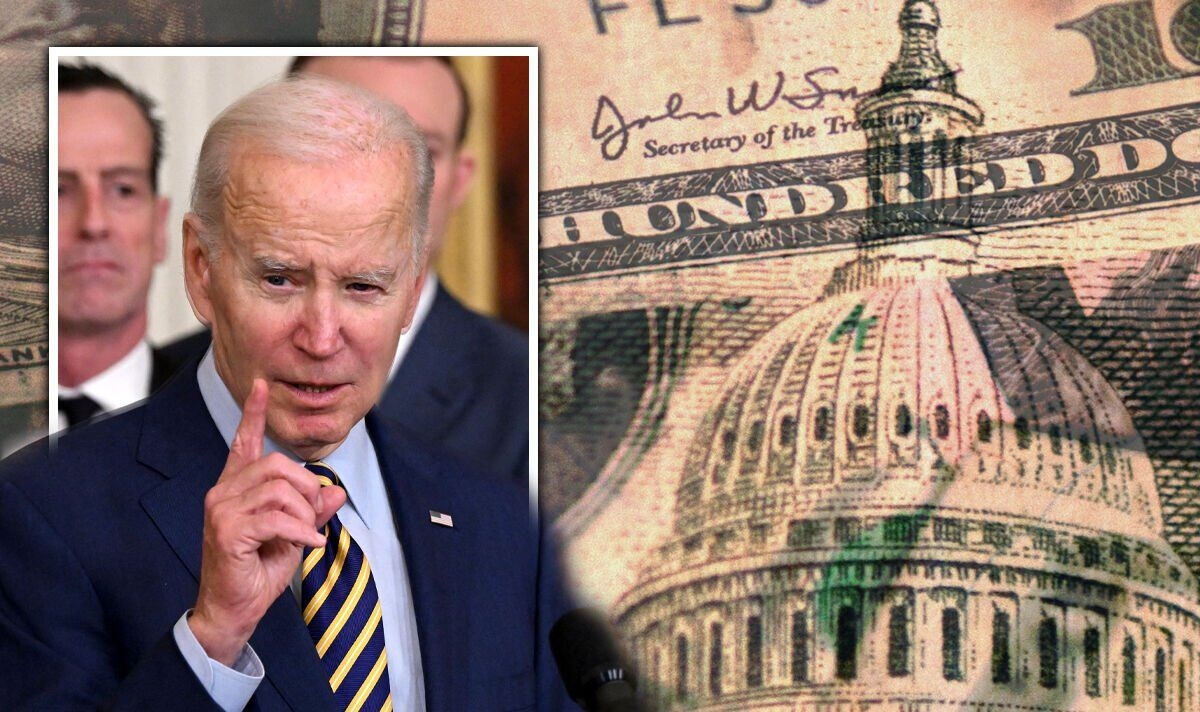With just eight days remaining before the US government could potentially run out of cash, Moody’s Investors Service, a leading credit ratings agency, has expressed confidence that the United States will avoid defaulting on its debt. William Foster, senior vice president and senior credit officer at Moody’s, stated that the agency does not anticipate a scenario where interest payments will be missed, and if that were to happen, Moody’s would have to reconsider its rating.
Despite the ongoing struggle to find a compromise between House Republicans and the White House on raising the debt ceiling, Moody’s remains optimistic that the federal government will not default. However, the coming days and weeks will put that confidence to the test as cash levels at the US Treasury continue to dwindle, and the accounting measures being used to stave off default are reaching their limits.
While avoiding default is crucial, there is still concern that the country’s ability to borrow at low interest rates, a key strength of the US economy, may be compromised if credit ratings agencies like Moody’s downgrade the country’s credit rating. In 2011, during a previous debt ceiling standoff, S&P downgraded the United States’ credit rating from AAA.
When asked why he is confident in the US not defaulting, Foster pointed to historical precedent, noting that there has never been a default. He also highlighted reassuring comments from leaders of both Republican and Democratic parties, emphasizing their shared commitment to ensuring that America pays its bills.

Nevertheless, given the tight timeframe before the June 1 deadline set by the Treasury Department, Moody’s does not rule out the possibility of the government having to delay payments on items other than bondholder payments. If the Treasury is unable to meet all of its obligations after the X-date, prioritization of payments would be necessary, potentially leading to delayed payments to recipients of Social Security and government salaries. However, Moody’s clarified that delayed payments on these items would not be considered a default, as their definition of default only includes missed interest or principal payments.
If a deal is not reached by the X-date, Foster indicated that Moody’s would likely lower its outlook on the United States from stable to negative, without issuing an immediate downgrade. However, the final decision would be made by a committee of international experts who would evaluate the situation. Missing an interest payment would be the red line that would prompt Moody’s to definitively downgrade America’s credit rating.
As the debt ceiling deadline approaches, the outcome of negotiations and the actions taken by the US government will have significant implications for the country’s economic stability and reputation in global financial markets.
©world-news.biz
